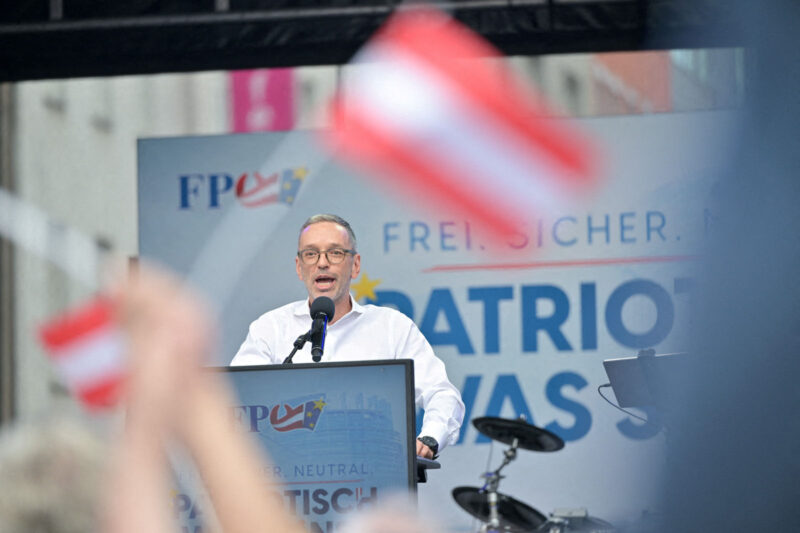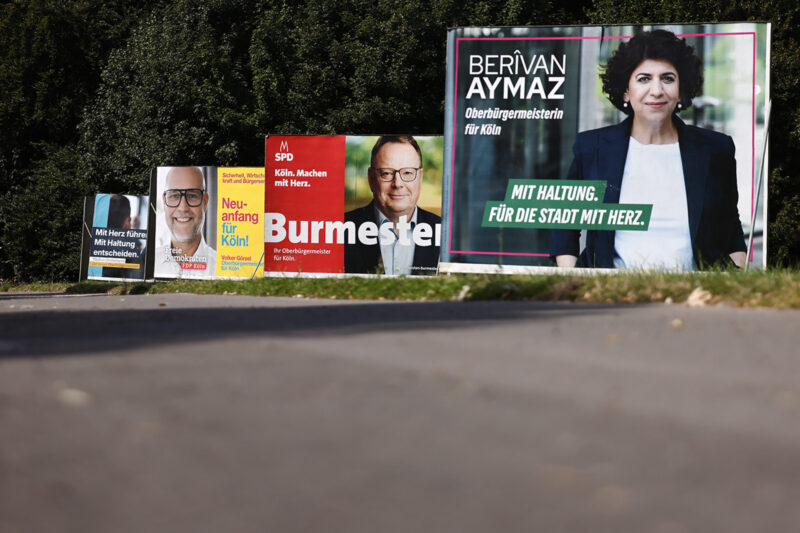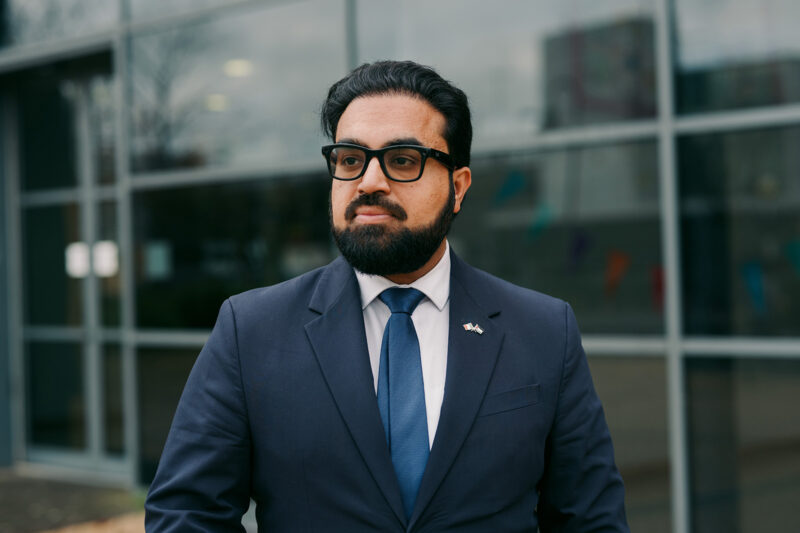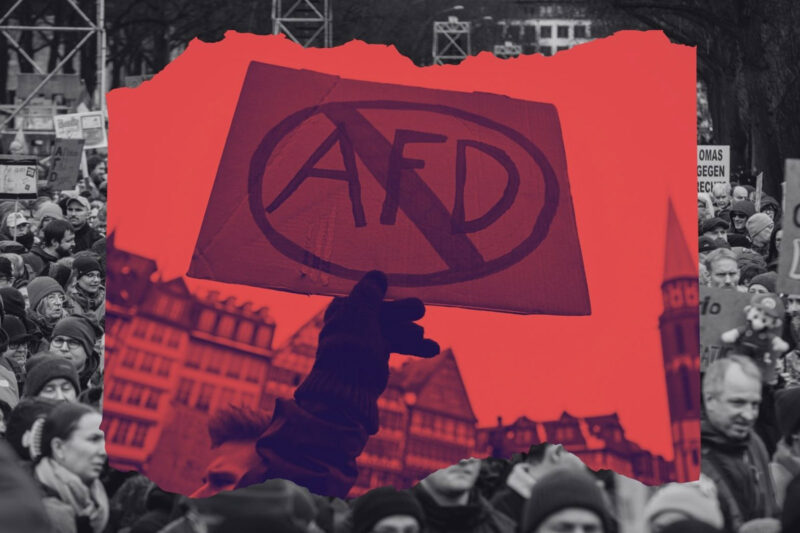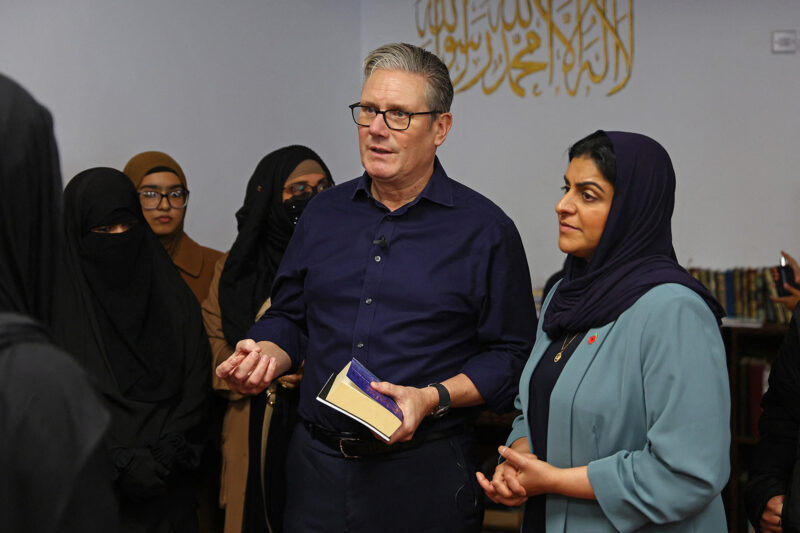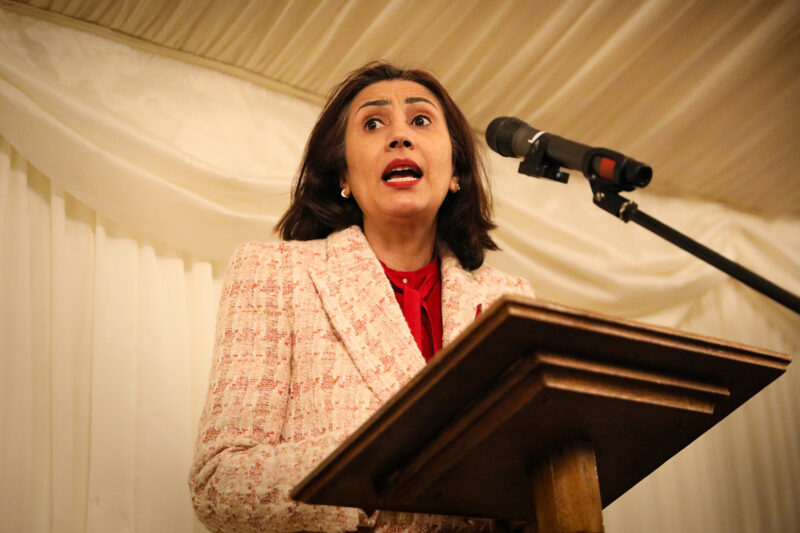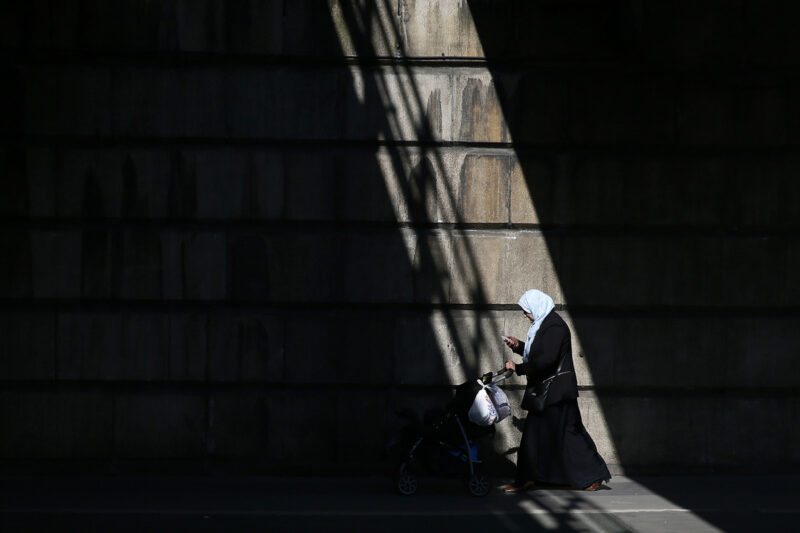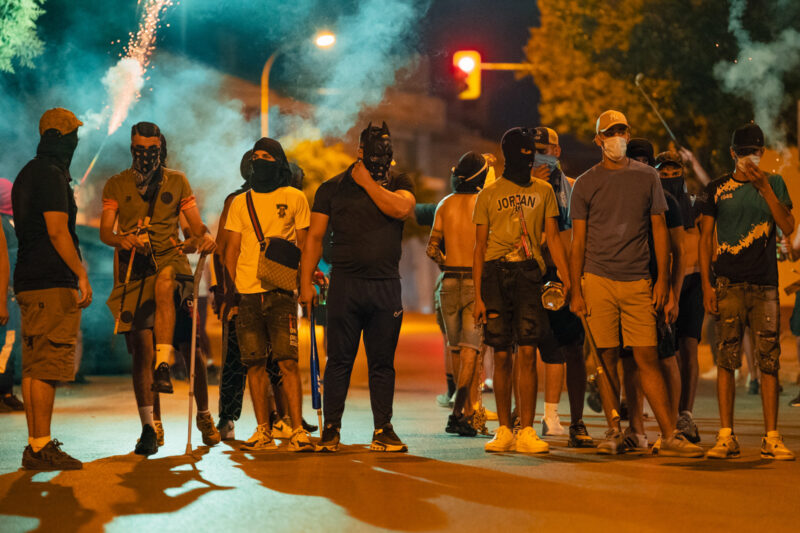Austrian Muslims fear deportation after far right wins vote on ‘remigration’ platform
The Freedom party may struggle to form a government despite its historic election victory, but Muslim leaders report fears that its policy pledge to deport people from migrant backgrounds may become law
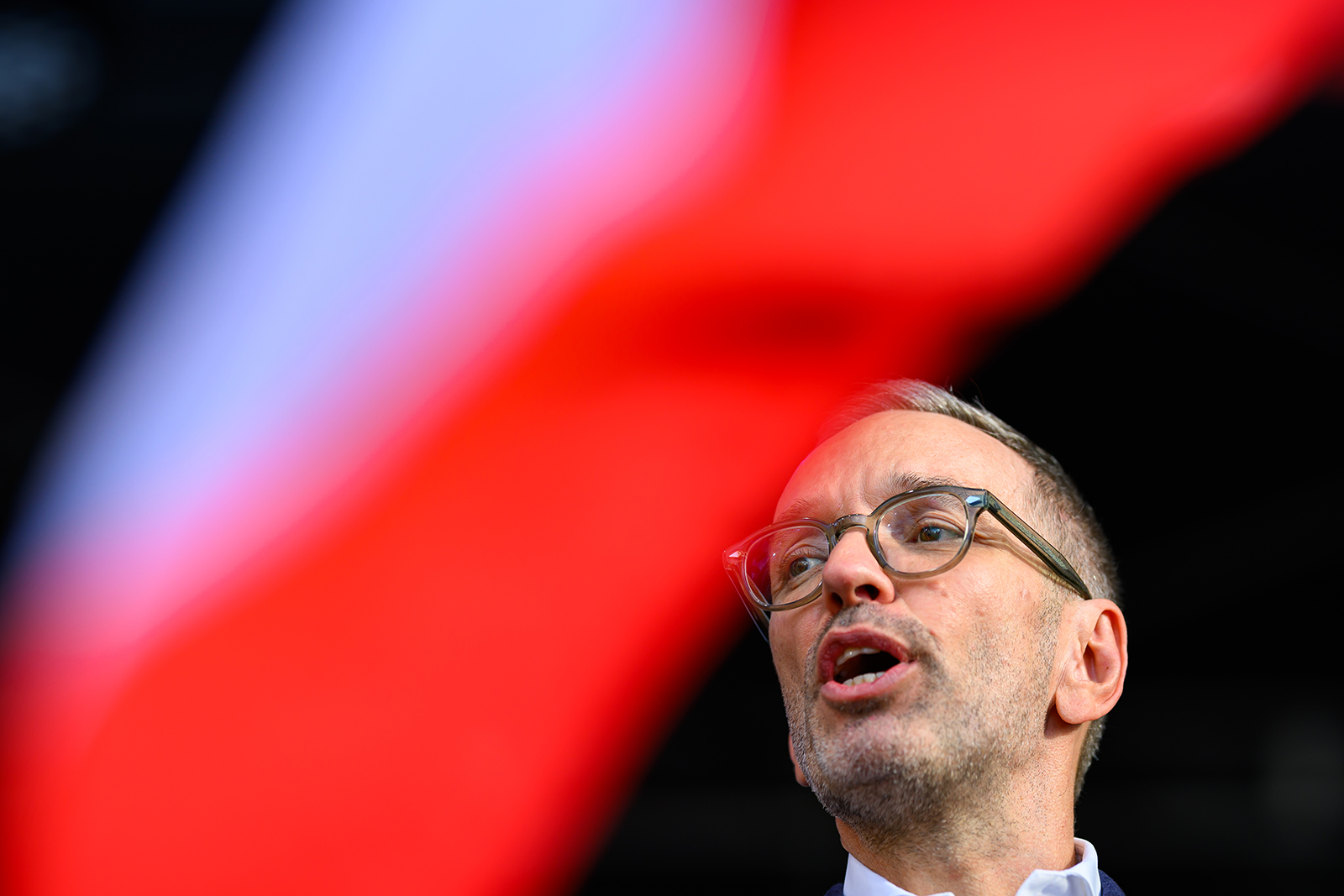
The success of the far-right Freedom party (FPÖ) in Austria’s general election on 29 September has left some Austrian Muslims fearing they will be deported, community leaders have warned.
The FPÖ won 29% of the national vote on an ultra-nationalist platform of policies including the “remigration” of citizens with migrant heritage and a promise to ban what the party calls “political Islam”, which the party’s leader Herbert Kickl has described as a “poison to society”.
“You really cannot overemphasise the anxieties a lot of Muslims here are experiencing,” said Nadim Mazarweh, head of extremism prevention at the Islamic Faith Community in Austria (IGGÖ), an umbrella organisation advocating for Austria’s different Muslim groups. “I’m seeing students ask their teachers questions such as ‘will we be deported after the election?’”
The Austrian electoral system requires 50% of the vote to form a government, and no other party has so far voiced a willingness to collaborate with the FPÖ. The centre-right People’s party (ÖVP), which came in second place with 26.5% of the vote and led a coalition government including the FPÖ from 2017 to 2019, has said it will not form another administration with them.
“It’s clear that the ÖVP is going to be kingmaker,” said Reinhard Heinisch, professor of comparative Austrian politics at Salzburg University. He explained the ÖVP objects to forming a government with Kickl, who has been described by the party’s leader Karl Nehammer as a radical and a conspiracy theorist, as chancellor. “In the previous coalition, the ÖVP was chancellor, so the question for them now is, do they want to be a junior partner in a coalition led by a radical person who they’ve said publicly, many times, should not be trusted?”
On Friday, Kickl met with Austrian president Alexander Van der Bellen, who has previously hinted that he may not allow Kickl to lead a government. Kickl released a statement shortly after the meeting warning that it would be a “slap in the face” if he were not allowed to become chancellor, saying any government without him would be “a coalition of losers”.
The FPÖ’s remigration policy, in which they suggest Austrians with migrant heritage who “refuse to integrate” will be sent back to their families’ countries of origin, is borrowed from the ethno-nationalist Identitarian Movement, co-founded by Austrian Martin Sellner. Sellner, who has been linked to the mass shooter who killed 51 people in terror attacks at two mosques in Christchurch, New Zealand, is banned from the UK, Germany and the US as a potential terror threat. Kickl has described the Identitarian Movement as an NGO and “worth supporting”.
Since the election, Mazarweh says he and his colleagues have been asked frequently during mosque and school visits if the FPÖ’s proposed remigration legislation is likely to be enacted and whether they will be at risk of deportation. He explains that even if the anti-Islam, pro-Kremlin party does manage to form a government, any polices around deportation would be incompatible with the European Convention on Human Rights and likely blocked by the country’s courts. “It can’t be done easily as [the FPÖ] preaches, but the idea is out there now, and at the end of the day, this policy wasn’t a dealbreaker for the 29% of Austrians who voted for them,” Mazarweh said.
The common view among analysts is that the ÖVP will likely form a coalition with the Social Democrats and one or more of the smaller parties, making the FPÖ the country’s sole opposition. Heinisch warns this result may feed the party’s narrative that it represents a silent majority in a rigged system. “There seems to be a consensus among parties that the FPÖ should be allowed to try — and fail — to form a government, so that it cannot claim it is a victim of the system,” he said. “The other parties will be afraid the Freedom party may come back stronger next time.”
Even in opposition, Mazarweh fears the FPÖ’s growing influence will further marginalise Austria’s Muslims. “It changes people’s behaviour, they’re not willing to put themselves at risk, for example, by discussing political issues,” he said. “The alienation that could happen between the Muslim minority and the rest of Austrian society is something that really worries me.”
 Newsletter
Newsletter


